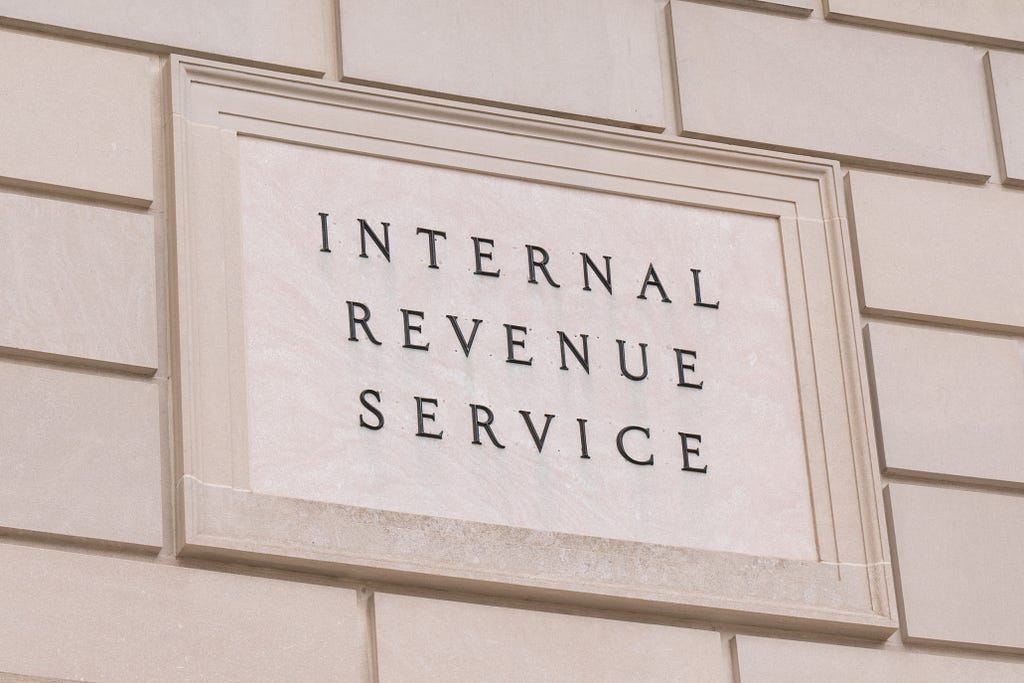Latest news about Bitcoin and all cryptocurrencies. Your daily crypto news habit.

The world of finance is a competitive marketplace. It is cut-throat. The ones who have the most information usually win against those who are less informed. Even though people know the market is not necessarily a level playing field, investors continue to flock to invest their money in the 4,000+ national market stocks trading in the US today.
The world of cryptocurrencies is a much darker tale. Insider trading is the norm. Early investors in currencies get huge discounts during presales, unbeknownst to the investors who come across the project later. When a token goes live on exchanges, the early investors dump their tokens ahead of everyone else, making a tidy profit. Those tokens are then left to be manipulated by other traders in pump and dump schemes or to disappear altogether, which happens shockingly often.
The world of cryptocurrency is regulated by the Securities Exchange Commission (the SEC), the Commodity Futures Trading Commission (the CFTC), and the 50 State Administrators. It’s been well documented that in 2018, many companies issuing tokens and many exchanges trading them have received SEC subpoenas and requests for information. Lawyers are working overtime to sort this emerging market.
However, while the eyes of the SEC, the CFTC and the state administrators are focused on the businesses creating this market, there is a looming issue that will soon arrive on the doorstep of the crypto investors: the tax man.
The IRS, which is part of the US Treasury, offers one sure thing in life: taxes. A fact that is not known to most people is that the IRS has its own law enforcement. It can arrest, subpoena, and sue in its own tax court. The IRS has broad powers to enforce taxes for any U.S. citizens and residents, even for U.S. citizens who live abroad or in Puerto Rico.
In the 2018 Information Reporting Program Advisory Committee Report, the IRS references research from earlier this spring that suggests the IRS may be owed as much as $25 billion in unpaid taxes on cryptocurrency gains. This is quite a large number, given the size of the entire cryptocurrency marketplace, which according to CoinMarketCap is $211B today.
How is this possible? The answer is simple: The IRS treats Bitcoin and other currencies as property. You buy it and then sell it for more. The gain is taxable as short or long-term gain, similar to US stocks.
In most cases, paying taxes on gains is not a big deal. What happens if someone sells some of their Bitcoin with a large gain then buys tokens in an ICO and lose 90% of their value (as we have seen recently in this bear market)? The answer is: the investor still owes taxes for the gains from the Bitcoin sale and so must pay. However, the investor can sell the ICO tokens and realize a loss, which is deductible.
Recently, a student announced that he owes $400,000 in taxes after turning a $5,000 investment into an $880,000 portfolio. However, when the market crashed, his assets became worth only $125,000, significantly less than the taxes he now owes.
This may be a little misleading because investors who have gains by selling their cryptocurrencies for profit owe taxes, but investors can also deduct losses. So if this student invested $5,000 and sold his cryptocurrencies for $800,000, then the gain is $795,000, and a short term or long term tax is owed. If the student then invests the $795,000 and loses 90%, or around $700,000, then this is a loss that is deductible. The student just needs to sell the losing investments and claim a loss. This way, the student does not owe anything other than taxes on the gain net of losses.
The IRS announced that they viewed virtual currencies, including Bitcoin, as property, on March 25, 2014, but in reality, less than 1,000 taxpayers reported their cryptocurrency transactions from 2014 and 2015. For context, 14,355 Coinbase users have traded at least $20,000 worth of cryptocurrency on the platform from 2013–2015. Those users are responsible for a whopping 8.9 million transactions. The math here clearly isn’t adding up. People buying crypto are not reporting their gains to the IRS.
The IRS sent a summons to Coinbase in November 2016 to get information on those users, and in November 2017, the San Francisco courts ruled that Coinbase must comply. In February 2018, Coinbase told their customers they would be complying with the IRS summons, nearly a year and a half later.
So far, there are no press releases from the IRS on what they found and what their enforcement will be, if any. Maybe they are taking their time for a very public announcement with some convictions and enforcement actions.
The good news that may be coming in the future is an IRS voluntary disclosure program, which would allow taxpayers to disclose their tax liability and offer a reduced penalty, if any, and simple interest for those taxpayers willing to come forward. This is not a sure thing, but it is typical for the IRS to offer one of these programs and reduce their burden to prosecute those who are not reporting.
Death and taxes are the only two certain things in life, and cryptocurrencies and ICOs are just the latest get rich scheme to challenge our tax system. What is beyond doubt in my mind is that the IRS will be the winner. No enterprising investor can outrun the tax man, cryptographically protected or not.
If you liked what you read, please clap 50x and follow me on Medium. StartEngine is currently raising capital. Learn more about our offering and invest here.
Crypto Investors Owe the IRS $25 Billion was originally published in Hacker Noon on Medium, where people are continuing the conversation by highlighting and responding to this story.
Disclaimer
The views and opinions expressed in this article are solely those of the authors and do not reflect the views of Bitcoin Insider. Every investment and trading move involves risk - this is especially true for cryptocurrencies given their volatility. We strongly advise our readers to conduct their own research when making a decision.
